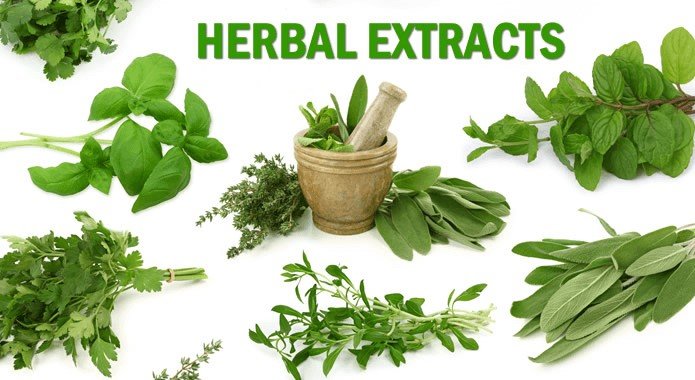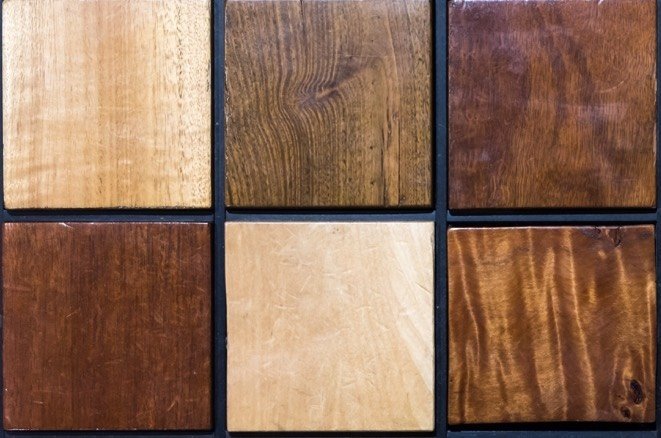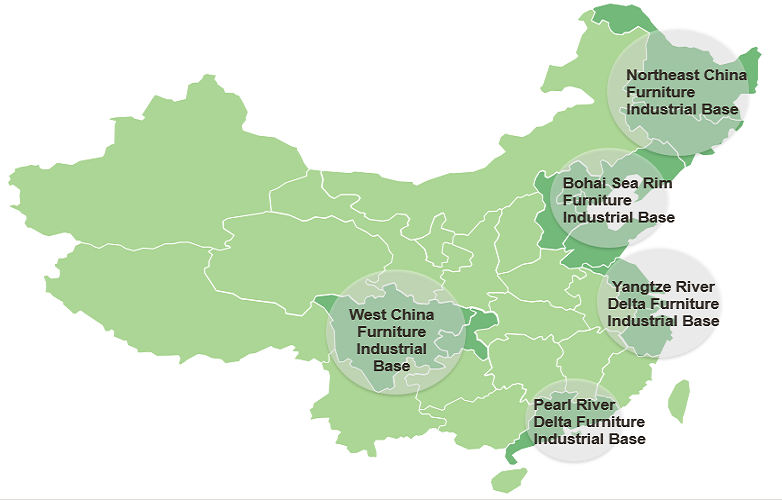China’s Herbal Extracts Suppliers: Your Path to Business Success
Finding the right herbal extract manufacturer in China can be challenging.
Here are 12 tips to help you choose the best herbal extract supplier:
1. What Are Plant Extracts?
2. Herbal Extract Market Trends
3. Types Of Herbal Extracts?
4. What Is The Importance Of Herbal Products?
5. Are Herbal Extracts Safe?
6. How To Make Herbal Extract?
7. How Long Does Herbal Cleanse Last?
8. Where To Buy Plant Extracts?
9. How To Choose The Best Herb Extract Supplier From China?
10. Top 10 Wholesale Herbal Suppliers In China
11. Import Herbal Extract from China FAQ
11.1 What are the requirements for importing herbal extracts from China?
11.2 How do I ensure the quality of herbal extracts imported from China?
11.3 What are the common challenges of importing herbal extracts from China?
11.4 What is the difference between an ‘extract’, and an ‘essential oil’?
11.5 What is the difference between botanicals and herbs?
11.6 Should herbal products be regulated by the FDA?
11.7 What type of license is required for selling herbal products?
12. Why Choose Huntersourcing As Your Herbal Extract Sourcing Agent?
1. What Are Plant Extracts?
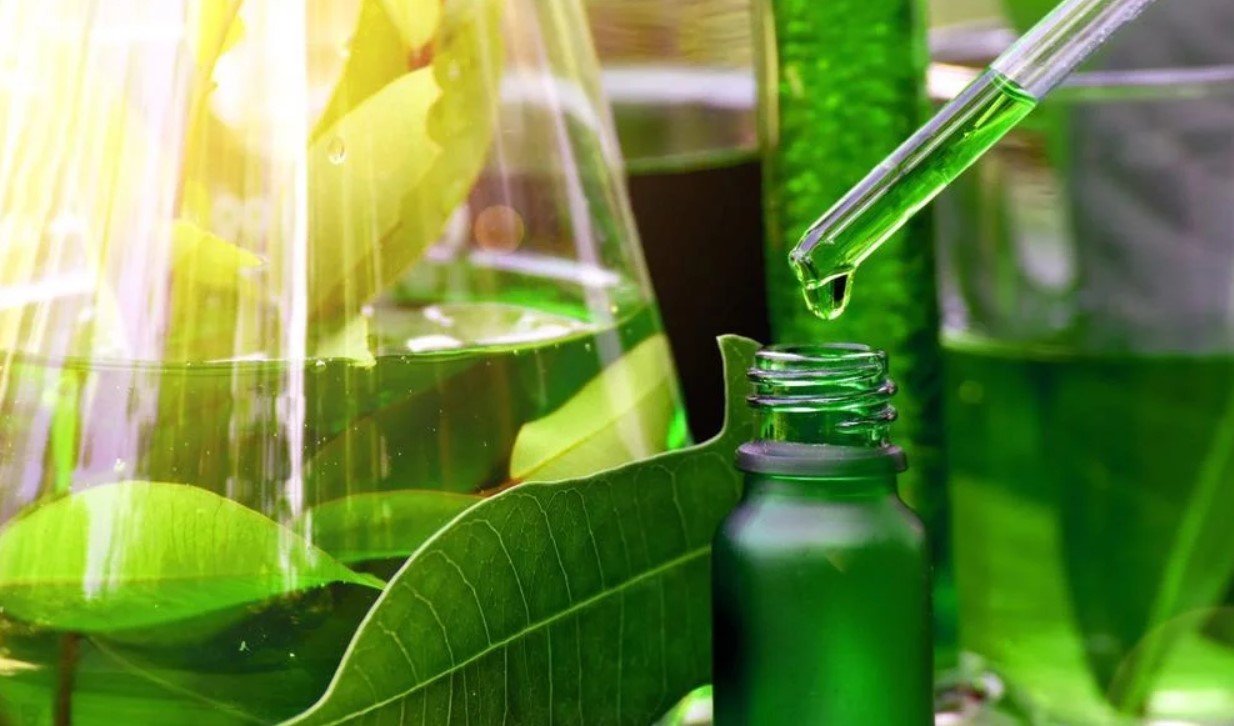
Plant extracts are substances derived from plants and obtained by various extraction methods such as distillation, expression, infusion, decoction, etc.
These extracts contain a concentrated mix of alkaloids, flavonoids, phenols, tannins, and essential oils.
They are commonly used in various industries, such as food and beverage, cosmetics, pharmaceuticals, and perfumes, for their unique properties and potential health benefits.
In some cases, plant extracts are also used for their therapeutic properties and are found in dietary supplements, traditional medicine, and alternative medicine practices.
2. Herbal Extract Market Trends?
The herbal extract market has been growing rapidly in recent years due to increasing demand for natural and organic products and a growing awareness of the health benefits of herbal extracts. Some key trends in the herbal extract market include:
2.1 Growing Demand for Plant-based Ingredients: With increasing health awareness and a shift towards natural and organic products, consumers are becoming more interested in plant-based ingredients, including herbal extracts.
2.2 Increasing Demand for Functional Foods: The increasing demand for functional foods that provide specific health benefits is driving the growth of the herbal extract market.
For example, herbal extracts such as turmeric, ginger, and ginseng are used in functional foods to provide anti-inflammatory, antioxidant, and other health benefits.
2.3 Rising Interest in Traditional Medicinal Practices: There is a growing interest in traditional medicinal practices such as Ayurveda, which is based on herbal extracts.
This trend drives demand for herbal extracts from traditional medicines and dietary supplements.
2.4 Growing Popularity of Herbal Supplements: Herbal supplements, including herbal extracts, are becoming increasingly popular due to their perceived health benefits and lack of side effects.
2.5 Advances in Extraction Technology: Advances in extraction technology allow for the production of high-quality, standardized herbal extracts, which are in high demand by consumers and the food, beverage, and dietary supplement industries.
Overall, the herbal extract market is expected to continue growing in the coming years due to increasing demand for natural and organic products and a growing awareness of the health benefits of herbal extracts.
3. Types Of Herbal Extracts?

These are all types of herbal extracts:
3.1 Leaf extracts: These are made by extracting the active ingredients from the leaves of plants.
Examples include mint, basil, and eucalyptus extracts.
3.2 Root extracts: These are made by extracting the active ingredients from the roots of plants.
Examples include ginger, turmeric, and ginseng root extracts.
3.3 Liquid herbal extracts are liquid preparations made by dissolving dried herbs or fresh plant material in a solvent such as alcohol, glycerin, or water.
They are used as dietary supplements or for making herbal teas.
3.4 Oil-soluble extract: These are extracts made by dissolving herbs in a carrier oil, such as olive oil, to create a concentrated herb form.
They are commonly used for aromatherapy and as a base for massage oils.
3.5 Herbal extract powder: These dried extracts have been turned into a fine powder form.
They are commonly used as a source of natural flavoring and as an ingredient in supplements and herbal remedies.
3.6 Extract oil from herbs: This refers to making essential oils from herbs.
Essential oils are highly concentrated liquids containing volatile aroma compounds and are used in aromatherapy, perfumery, and natural remedies.
3.7 Canna extracts: These are extracts made from the Canna plant, also known as the Indian Shot plant.
They have a long history of use in traditional medicine and are used for various purposes, including pain relief and as a natural remedy for digestive problems.
3.8 Neem extracts: These are extracts made from the neem tree’s leaves, seeds, and bark.
They have been used in traditional medicine for thousands of years and are known for their antimicrobial and insecticidal properties.
4. What Is The Importance Of Herbal Products?
Herbal products have been used for thousands of years as an alternative medicine to promote health and wellness.
The use of herbal products has gained significant popularity in recent years as more and more people seek natural, holistic approaches to wellness.
Some of the benefits of herbal products include:
4.1 Natural and safe: Herbal products are made from natural ingredients used for centuries, so they are generally considered safe when used appropriately.
4.2 Effective for various conditions: Herbs have been used to treat a wide range of conditions, including digestive problems, stress and anxiety, skin conditions, and more.
4.3 Minimal side effects: Unlike many pharmaceutical drugs, herbal products typically have fewer side effects and are gentler on the body.
4.4 Accessibility: Herbal products are widely available and can often be purchased without a prescription, making them accessible to many people.
4.5 Environmentally friendly: Many herbal products are sustainably sourced and produced, making them a more environmentally friendly option.
While herbal products have many benefits, it’s important to remember that they are not a substitute for medical treatment and should not be used to treat serious medical conditions.
Always consult with a healthcare professional before using any herbal products, especially if you have any existing medical conditions or are taking prescription medications.
5. Are Herbal Extracts Safe?
Herbal extracts are safe, but it is important to consider several factors before using them.
First, not all herbal extracts are created equal; some can be more potent or contain harmful contaminants.
Choosing products from reputable sources is important, as well as ensuring they are manufactured according to high standards.
Second, just because a product is labeled as “natural” or “herbal” does not make it safe.
Some herbal extracts can interact with prescription medications, so you must inform your healthcare provider about any herbal supplements you take.
Third, the proper dosage of an herbal extract can vary based on several factors, including age, weight, and health status, so it’s important to follow the recommended dose on the product label or as a healthcare provider advises.
Finally, some herbal extracts may have side effects, so it’s important to be aware of any potential risks and to report any adverse effects to your healthcare provider.
Generally, it’s a good idea to approach herbal extracts cautiously and consider all potential risks and benefits before using them.
6. How To Make Herbal Extract?
Making an herbal extract involves steeping dried or fresh herbs in a solvent, such as alcohol, to extract the beneficial compounds from the plant material.
Here is a basic process for making an herbal extract:
6.1 Gather materials: You will need dried or fresh herbs, a solvent (such as alcohol, glycerin, or vinegar), a jar with a tight-fitting lid, a filter, and a storage container.
6.2 Prepare the herbs: Chop or grind the herbs to increase the surface area for extraction.
6.3 Choose the solvent: Alcohol is commonly used for herbal extracts, but glycerin and vinegar are also used for their unique properties.
The choice of solvent will depend on the type of herb and the desired end product.
6.4 Combine the herbs and solvent: Place the chopped or ground herbs into the jar and cover them completely with the solvent.
Use enough solvent to cover the herbs by about an inch.
6.5 Steep the mixture: Tightly cap the jar and place it in a cool, dark place.
The time required to steep the mixture will depend on the type of herb and the desired potency, but it is usually between 2-4 weeks.
Shake the jar daily to agitate the mixture.
6.6 Strain the mixture: After steeping, strain the mixture through a fine mesh strainer to remove the solids.
6.7 Store the extract: Pour it into a clean, airtight container and store it in a cool, dark place.
Labeling the container with the herb’s name and the date the extract was made is important.
It is important to use high-quality, pure ingredients and to follow safe, clean processing techniques when making herbal extracts to ensure the safety and efficacy of the final product.
7. How Long Does Herbal Cleanse Last?

The length of time an herbal cleanse will last depends on several factors, such as the type of cleanse, the person’s diet and lifestyle, and the specific goals they are trying to achieve.
For example, some herbal cleanses, such as those designed to support liver function, can be completed a few days to a week.
Other cleanses, such as colon cleanses, can take several weeks.
It’s important to note that herbal cleanses are not intended to be used as a long-term solution for health and wellness.
Instead, they are meant to temporarily support the body’s natural cleansing processes and improve overall health.
It’s always a good idea to consult with a healthcare professional before starting any kind of herbal cleanse, especially if you have any underlying health conditions or are taking any medications.
They can help you determine the most appropriate cleanse for your needs and guide you through the process.
8. Where To Buy Plant Extracts?

You can purchase plant extracts from several online marketplaces and suppliers, such as:
1 alibaba.com
2 made-in-china.com
3 dhgate.com
4 globalsources.com
5 aliexpress.com
6 chinabrands.com
7 huntersourcing.com -A sourcing agent that offers services to help you purchase plant extracts from China.
It is important to thoroughly research the suppliers and products before purchasing to ensure you get high-quality plant extracts.
9. How To Choose The Best Herb Extract Supplier From China?
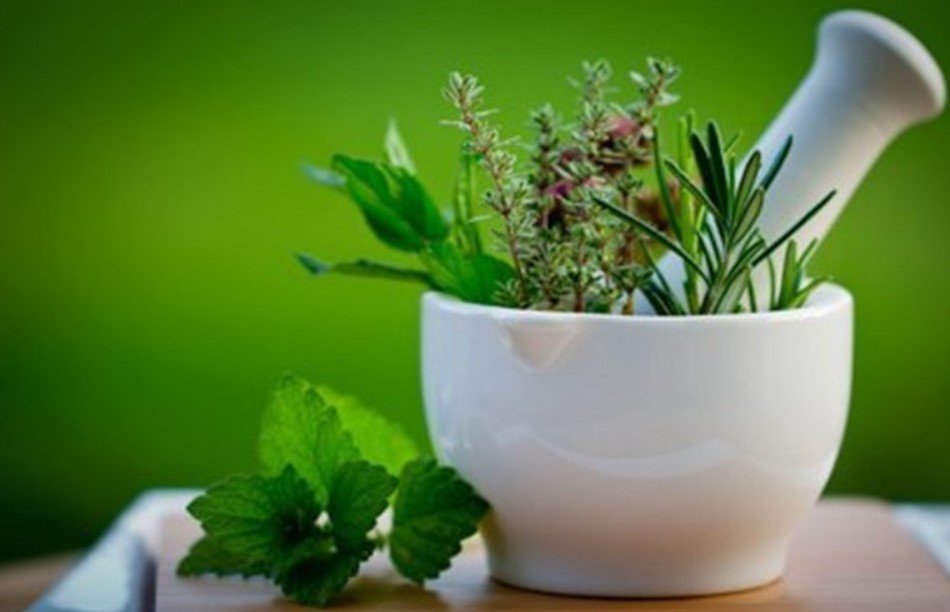
When choosing a herb extract supplier from China, it is important to consider the following factors:
9.1 R&D: Look for a herbal extract supplier with a strong research and development team and a proven track record of innovation in herb extracts.
9.2 Customization: Check if the supplier can offer customized solutions to meet your needs and requirements.
9.3 Quality control: Make sure the supplier has a strict quality control process to ensure that the extracts they supply are of the highest quality.
9.4 Certificates: Look for a supplier with relevant certifications, such as ISO 9001:2008, GMP, FSSC, SC, KOSHER, HALAL, and FDA.
These certifications demonstrate the supplier’s commitment to quality and safety.
9.5 Service: Consider the level of customer service offered by the supplier.
This includes prompt response times, flexible delivery options, and reliable after-sales support.
9.6 Price: While it’s important to consider the cost of the extracts, don’t make price the only factor in your decision.
It’s worth investing in a high-quality extract from a reputable supplier to ensure you get the best possible product for your money.
In conclusion, finding the right herb extract supplier from China requires carefully evaluating several factors.
Take your time to research different suppliers and compare their offerings before making a decision.
10. Top 10 Wholesale Herbal Suppliers In China
Here are 10 popular wholesale herbal suppliers in China:
10.1 Hangzhou Greensky Biological Tech Co., Ltd
https://www.greenskybio.com/
10.2 Shaanxi GTL Biotech Co., Ltd
http://www.herb-nutrition.com/
10.3 Xian Yuensun Biological Technology Co., Ltd
http://www.yuensunshine.com/
10.4 Zhejiang Skyherb Biotechnology Inc.
http://www.skyherb.cn/
10.5 Zhejiang Yixin Pharmaceutical Co., Ltd
https://www.herbs-tech.com/
10.6 Sunrich Biotech Zhuhai Co.,Ltd.
http://www.sunrichchem.com/
10.7 Drotrong Chinese Herb Biotech Co., Ltd
https://www.drotrong.com/
10.8 Hebei Jieliang Extract Biotech Co., Ltd
https://extract-china.com/
10.9 Shaanxi Jiahe Phytochem Co., Ltd.
https://www.jiaherb.com/
10.10 Yaan Times Bio-Tech Co., Ltd
https://www.times-bio.com/
11. Import Herbal Extract from China FAQ

This FAQ provides information about importing herbal extracts from China, including regulations, quality control, pricing, and potential risks and benefits.
11.1 What are the requirements for importing herbal extracts from China?
To import herbal extracts from China, you must meet the following requirements:
Obtain a business license for importing and exporting
Register with the Chinese government’s General Administration of Customs
Comply with Chinese and local regulations regarding the production, labeling, and quality control of herbal extracts
Obtain any necessary certificates or permits for importing herbal extracts, such as a certificate of origin, a health certificate, and a phytosanitary certificate.
11.2 How do I ensure the quality of herbal extracts imported from China?
To ensure the quality of herbal extracts imported from China, you can do the following:
Conduct due diligence on the herbal extract suppliers, including visiting their facilities and reviewing their quality control procedures
Request a certificate of analysis (COA) from the supplier to verify the authenticity and purity of the herbal extract
Have the herbal extract tested by an independent, third-party laboratory to ensure it meets your quality standards
Regularly conduct quality control checks on the imported herbal extracts to maintain their quality over time.
11.3 What are the common challenges of importing herbal extracts from China?
Some common challenges of importing herbal extracts from China include:
Ensuring the quality and authenticity of the herbal extract
Navigating Chinese and local regulations regarding the importation of herbal extracts
Finding reliable and trustworthy herbal products suppliers
Managing logistics, including shipping and customs clearance
Dealing with language and cultural differences.
11.4 What is the difference between an ‘extract’ and an ‘essential oil’?
An extract is a concentrated substance derived from a plant or other source using a solvent.
At the same time, an essential oil is a concentrated, volatile oil derived through distillation or other methods from the aromatic parts of a plant.
While extracts and essential oils can be used for flavoring, fragrance, and therapeutic purposes, they differ in composition and how they are obtained from the source material.
Extracts can contain a wider range of compounds, while essential oils typically comprise a narrower range of volatile organic compounds.
11.5 What is the difference between botanicals and herbs?
Botanicals refer to all parts of plants, including leaves, stems, roots, flowers, fruits, and seeds, used for medicinal or therapeutic purposes.
On the other hand, herbs refer to the leaves, stems, and flowers of plants that are used for culinary or medicinal purposes.
So, while all herbs are botanicals, not all botanicals are herbs.
11.6 Should herbal products be regulated by the FDA?
The FDA should regulate herbal products to ensure their safety, efficacy, and quality.
Currently, many herbal products are not regulated, which can lead to issues such as inconsistent potency, contamination with harmful substances, and false or misleading health claims.
FDA regulation would provide oversight and help protect consumers from potential harm.
11.7 What type of license is required for selling herbal products?
The license type required for selling herbal products may vary depending on your country, state, or region and the specific regulations that apply to herbal products.
In some cases, you may need to obtain a general business license and a specific license or permit for selling herbal products.
Researching and complying with all applicable laws and regulations is important to ensure that you are operating legally and safely.
12. Why Choose Huntersourcing As Your Herbal Extract Sourcing Agent?

Huntersourcing is an experienced and professional herbal extract sourcing agent that offers its clients a wide range of benefits.
With a deep understanding of the herbal extract industry and a strong network of suppliers,
Huntersourcing can help you find the best herbal extract supplier and products at competitive prices.
Additionally, our company’s focus on transparency, communication, and customer satisfaction ensures that you will have a smooth and enjoyable experience working with them.
If you’re looking for a reliable and trustworthy herbal extract sourcing agent, then Huntersourcing is the perfect choice for you.
To get started, simply reach out to our expert today, and one of our knowledgeable and friendly representatives will be happy to assist you.
Don’t hesitate to take the first step towards finding the best herbal extract products for your business with Huntersourcing.
Related Post
Furniture is a must for an office or a home. It is available at varying price points as Read more
Wood is extensively used in making furniture around the world. Wood can be molded in any shape or Read more
In the current market condition, a major portion of the world's consumption depends on China. The product range Read more
Contact Us Get Free Quote!
* Please kindly fill out the form for inquiry
* we will reply to your inquiry within 24hours
